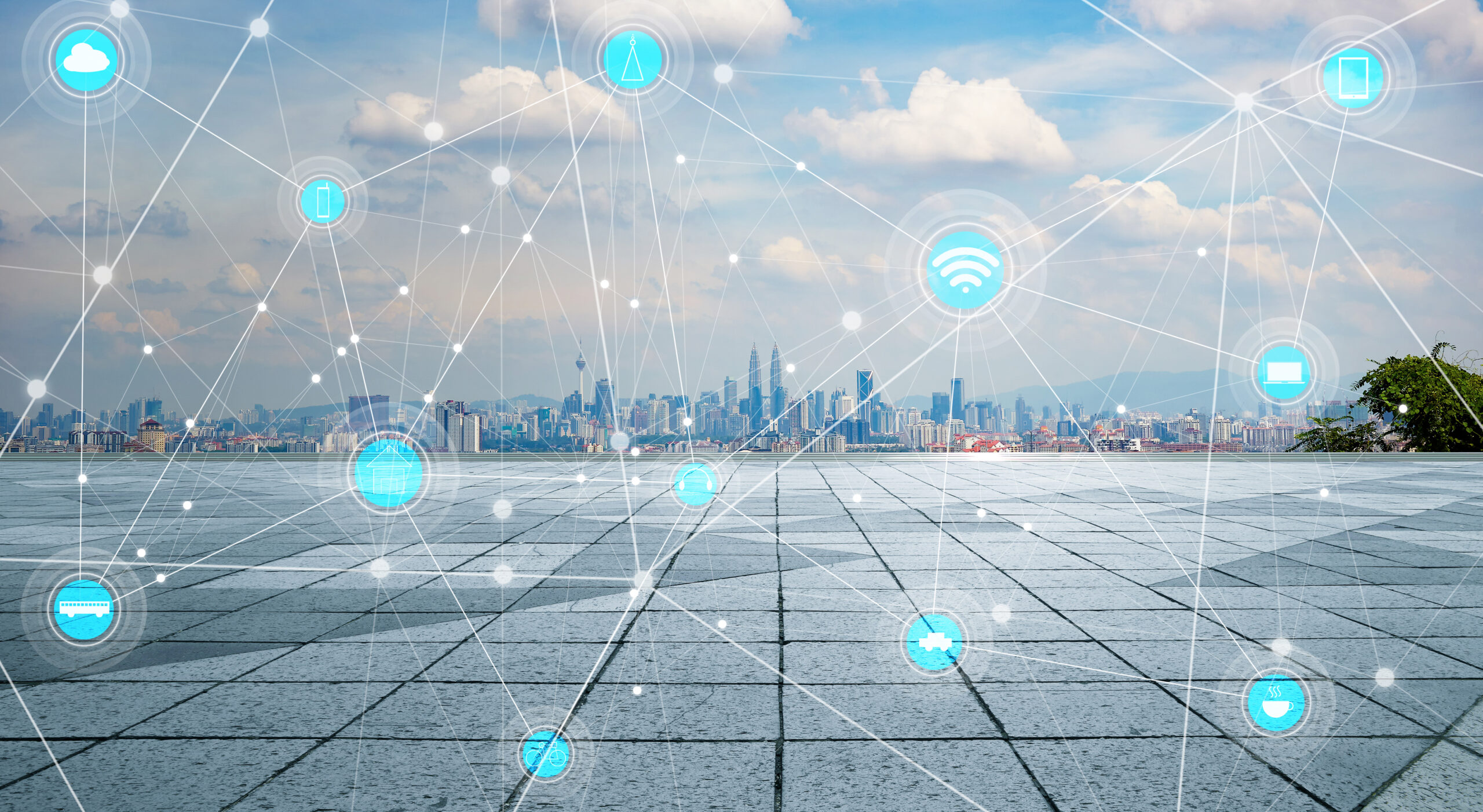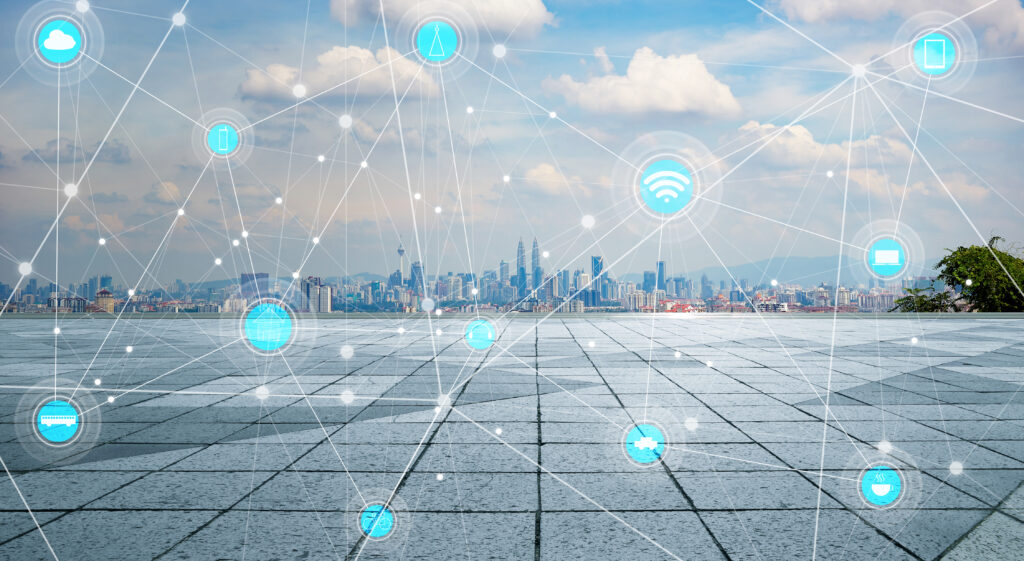Introduction to
Artificial Intelligence (AI) is a rapidly growing field that has been making waves in various industries. From healthcare to finance, transportation to entertainment, AI has found its way into almost every aspect of our lives. With its ability to process large amounts of data quickly and accurately, it's no surprise that businesses are turning to AI for solutions to complex problems. However, as with any new technology, there are both pros and cons to consider when it comes to AI and its impact on society. In this blog post, we will explore some of these benefits and challenges.
The Pros of AI: How It Can Benefit Our Lives and Businesses
One of the most significant advantages of AI is its potential to improve efficiency and productivity across different sectors. For instance, companies can use AI-powered chatbots to provide customer service 24/7, without human intervention. This not only saves time but also reduces costs associated with hiring and training employees. Additionally, AI algorithms can analyze vast amounts of data to identify patterns and trends that humans may miss. This can help businesses make better decisions, leading to increased revenue and profitability.
Another pro of AI is its ability to enhance safety and security measures. For example, facial recognition software can be used to prevent crime by identifying suspects or terrorists. Moreover, self-driving cars rely heavily on AI to detect obstacles and avoid accidents. As such, AI can play a critical role in keeping people safe and secure.
The Cons of AI: Understanding the Potential Risks and Challenges
While AI offers numerous benefits, there are also several risks and challenges associated with its implementation. One major concern is job displacement. As AI becomes more advanced, many jobs that were previously done by humans could become automated. This could lead to unemployment and economic disruption. Another challenge is privacy concerns. AI systems collect massive amounts of personal data, which could be exploited if proper security measures are not put in place. Furthermore, AI algorithms can sometimes exhibit bias, which could result in unfair treatment of certain groups.

Examples of Companies Using AI for Good (Groove.ai, Clickfunnels AI
There are several examples of companies using AI for good. Groove.ai is an AI-powered virtual assistant that helps sales teams close deals faster by providing real-time recommendations based on customer interactions. Clickfunnels AI uses machine learning to optimize marketing campaigns, improving conversion rates and reducing ad spend. These applications show how AI can be leveraged to solve specific business problems while benefiting customers at the same time.
Conclusion
In conclusion, AI presents both opportunities and challenges for society. While it has the potential to increase efficiency and productivity, it also raises concerns about job displacement and privacy. However, with careful planning and regulation, AI can be harnessed for positive change.
